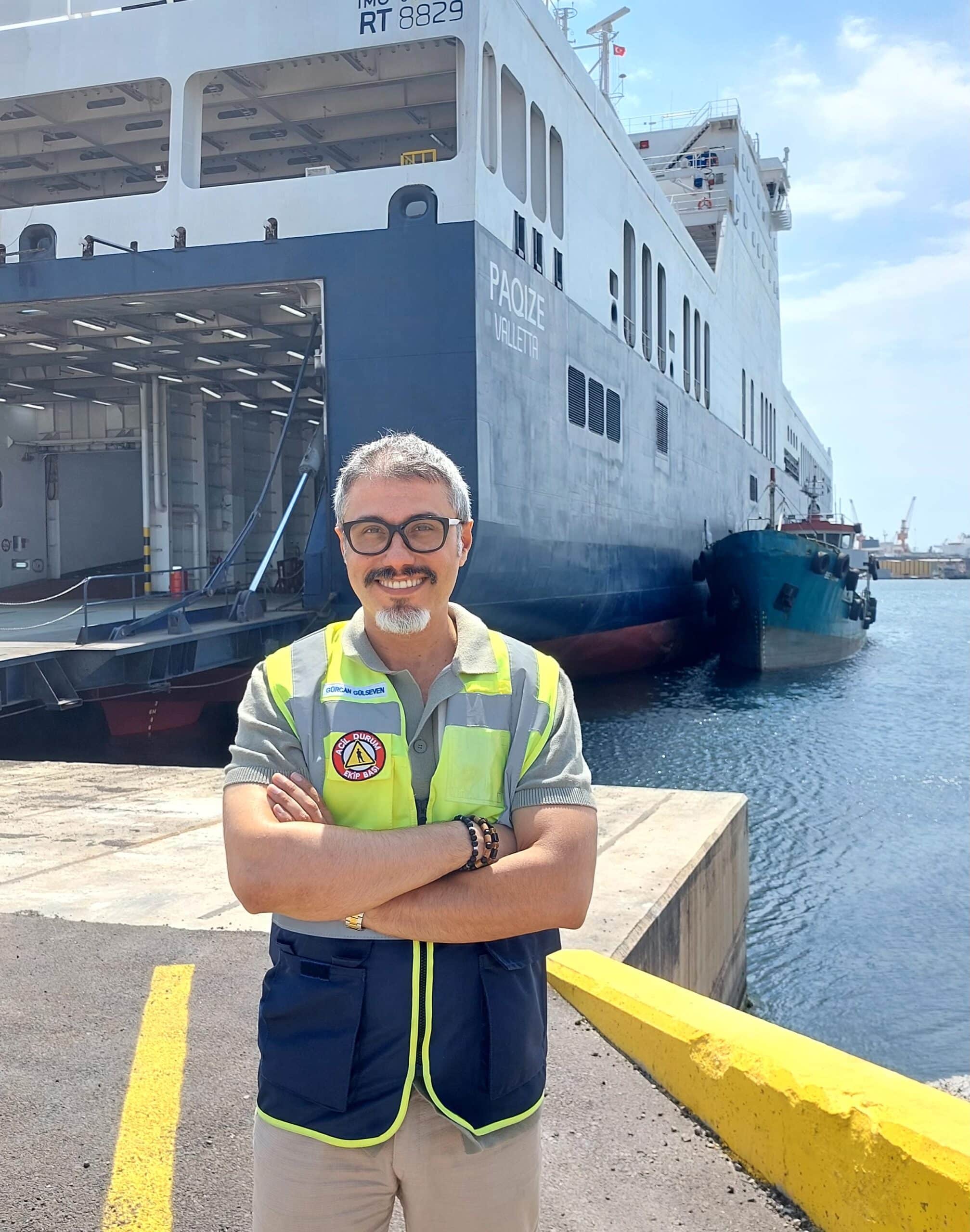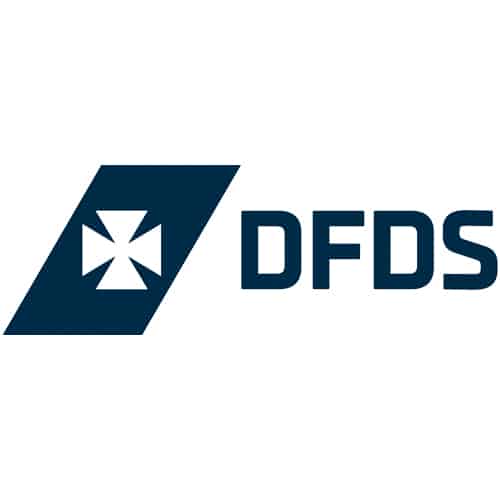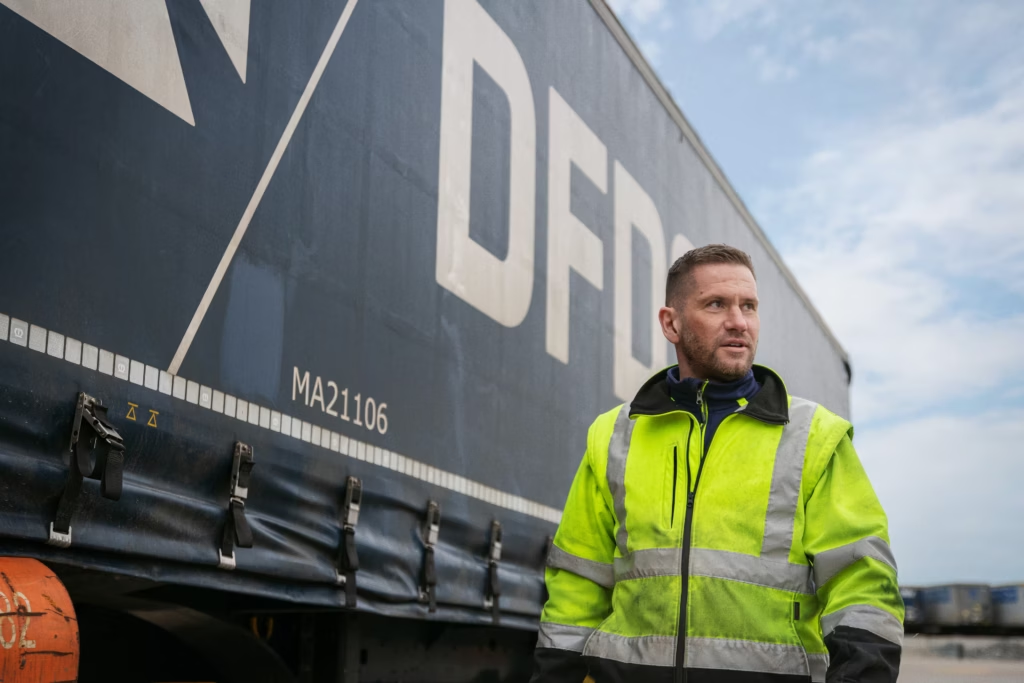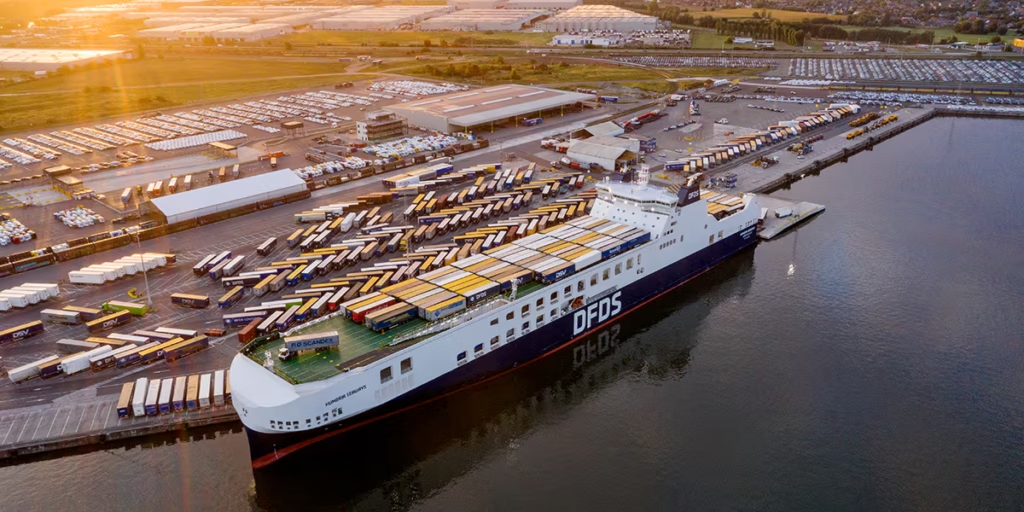

Case
Keeping DFDS moving
“What convinced us was the maturity of the solution and the fact that Portbase had worked closely with the logistics community to ensure minimal disruption” – Gürcan Gülseven – Agency Manager at DFDS Turkije
How DFDS smoothly switched to ICS2 with Portbase’s ENS solution
When the EU launched the new Import Control System 2 (ICS2) for the maritime sector, the impact on shipping lines and agents was substantial. ENS (Entry Summary Declaration), which were previously submitted directly to national customs authorities under ICS1, now had to be sent to a central European customs system: the Shared Trader Interface (STI). For DFDS – an international shipping and logistics company with Ro-Ro operations across Europe – complying with ICS2 required thorough preparation, strong system alignment, and a solid digital solution.
This customer story highlights how DFDS Türkiye implemented Portbase’s ENS functionality as part of their transition to ICS2 across Europe.
The impact of ICS2
From five locations in Türkiye, and since November ‘24 from Damietta, Egypt, DFDS manages intensive Ro-Ro operations to Italy, France, and Greece. The Turkish and Mediterranean region accounts for nearly 30% of DFDS’s global business. “Almost 40% of all land transport between Türkiye and Europe is handled on our routes,” explains Gürcan Gülseven, Agency Manager at DFDS Türkiye. “That makes customs compliance absolutely crucial. We knew the ICS2 change would affect multiple countries, so we had to get it right the first time.”
Given the frequency and complexity of the sailings—covering a mix of containers and unaccompanied semi-trailers (as well as truck & trailers, new units, business machines, privately owned vehicles, and project cargoes), sometimes with over 20 house B/Ls per shipment—ENS processing must be fast and accurate. And with up to 18 – 20 sailings per week from Türkiye alone, there’s no room for delay or error.

An international approach via Portbase
DFDS had already been using Portbase in the Netherlands. When it became clear that Portbase was preparing its ENS service for ICS2 compliance, the Turkish DFDS team decided to adopt the solution for their own ENS declarations, in cooperation with DFDS offices in Italy and Greece, and France soon, as the country is on the brink of ICS2 transition.
“What convinced us was the maturity of the solution and the fact that Portbase had worked closely with the logistics community to ensure minimal disruption,” says Gürcan. Compared to ICS1, the difference was clear. “In the old system, some declarations would occasionally contain inconsistencies—for instance, differences between declared and actual cargo weight. These could lead to delays or even fines. With Portbase, we have perfect visibility and control, which helps us identifying issues directly in the system and easily solving them’’.

Smooth integration and solid support
To ensure a smooth rollout, all relevant ICS2 scenarios were covered—both standard workflows and possible exceptions—so that each office was fully prepared for the new customs requirements. This setup enables the team to submit ENS declarations efficiently between five key ports: three in Türkiye and two in the EU—Trieste in Italy and Patras in Greece. Gürcan reflects on the result: “Portbase helped us turn a complex regulatory change into an opportunity to improve our processes. The fact that we can now centrally manage ENS declarations for multiple ports and offices makes us more agile—and better prepared for what’s next.”
About ENS via Portbase
The ENS functionality DFDS uses is part of the Portbase service Cargo Declaration Import, which was significantly upgraded in preparation for ICS2. This service enables shipping lines, agents and shipbrokers to submit Entry Summary Declarations (ENS) for all European ports via one central platform—fully aligned with the requirements of the new Shared Trader Interface (STI).
Pre-arrival Cargo Declaration Import
The service Pre-arrival Cargo Declaration Import is part of the total service package offered by Portbase for the fast and efficient handling of all administrative obligations around incoming vessels and cargo.
The ENS is a European requirement and part of the Import Control System (ICS). For every bulk, general cargo, feeder and shortsea vessel coming from outside Europe, Customs requires a statement of all goods on board at least four hours before arrival at the first European port of call. Based on this, Customs then performs a safety & security scan.
